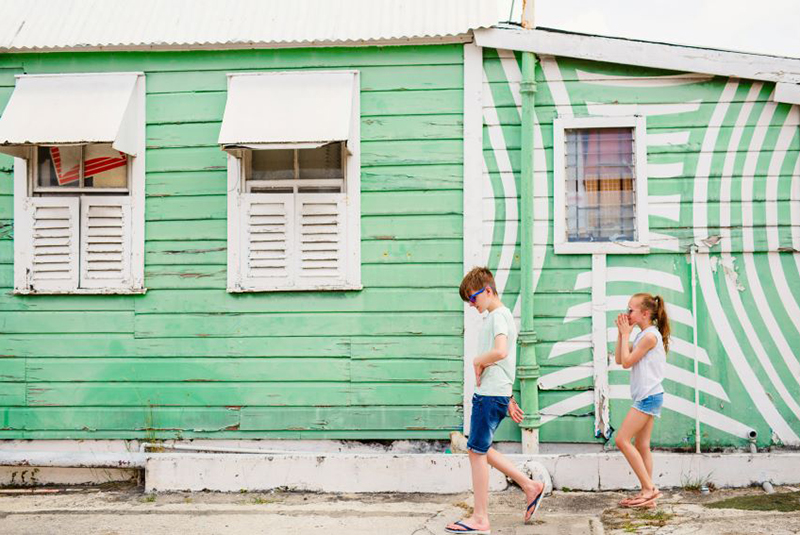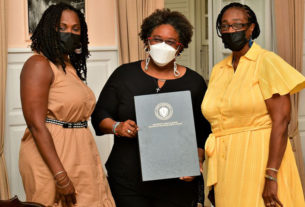(Stock Photo)
In a reimagined tourism development model, destinations must adapt to communities and not the other way around.
Founder/President of Countrystyle Community Tourism Network/Villages, Diana McIntyre-Pike, emphasised this point in her presentation on ‘Inclusive Community-Led and Owned Tourism’ during the final day of the ‘Re-Imagining Tourism in Barbados’ online consultation.
She made reference to the community-led tourism projects in Jamaica, as she provided insight into the strategies and actions needed to develop a successful inclusive community-led and owned tourism product.
Ms. McIntyre-Pike stressed that community-led tourism was not a niche market, but a sustainable way of moving a country forward.
“Visitors seek authentic experiences, so there is no need to create attractions; people themselves are an attraction. Through the power of local culture, heritage, natural and social capital, communities can build businesses. However, relationships should be created to assist communities in various areas, including the development of business plans, training and a marketing network,” she stated.
She encouraged participants to take the best practices and lessons learned from other countries, which already had community-led and owned tourism products. She also told them not to rush the process and to create strong linkages with local producers and suppliers.
Minister of Tourism and International Transport, Senator Lisa Cummins, in supporting the development of community tourism, stated: “Community led tourism will sustain our cultural and heritage assets.
“It is envisaged that it will also encourage collaborations with the accommodation sector, entrepreneurs, non-governmental organisations, civil society, the private sector, producers and suppliers.
“It is not beyond us to reimagine authentic experiences that are safe and appealing to tourists. In addition, we must ensure that we preserve our environment and encourage community development through raising awareness of the importance of responsible tourism to both communities and visitors.”
She also noted that in developing community-led and owned tourism products, Barbadians will have the opportunity to enjoy what various communities have to offer and appreciate the true beauty and diversity of the island.
“Barbadians have supported the accommodation sector during difficult times and community tourism can also increase our domestic tourism. Our intention is to stimulate growth in communities and sectors such as cottage industries, agriculture, transportation, retailing and manufacturing. This increased activity should contribute to the expansion of the domestic economy through growth in employment and national income,” Minister Cummins stated.
Coming out of the breakout sessions, participants proposed various approaches on how to implement community tourism.
They included educating communities on the value proposition to be derived; creating awareness of tangible and intangible assets within communities, structured training programmes – how to create authentic and sustainable products, and implementing programmes that focus on ‘transfer of knowledge’/mentoring.
It was also suggested that community tourism could assist Barbados in achieving some of its Sustainable Development Goals – poverty alleviation and empowerment.
SHEENA FORDE-CRAIGG BGIS




